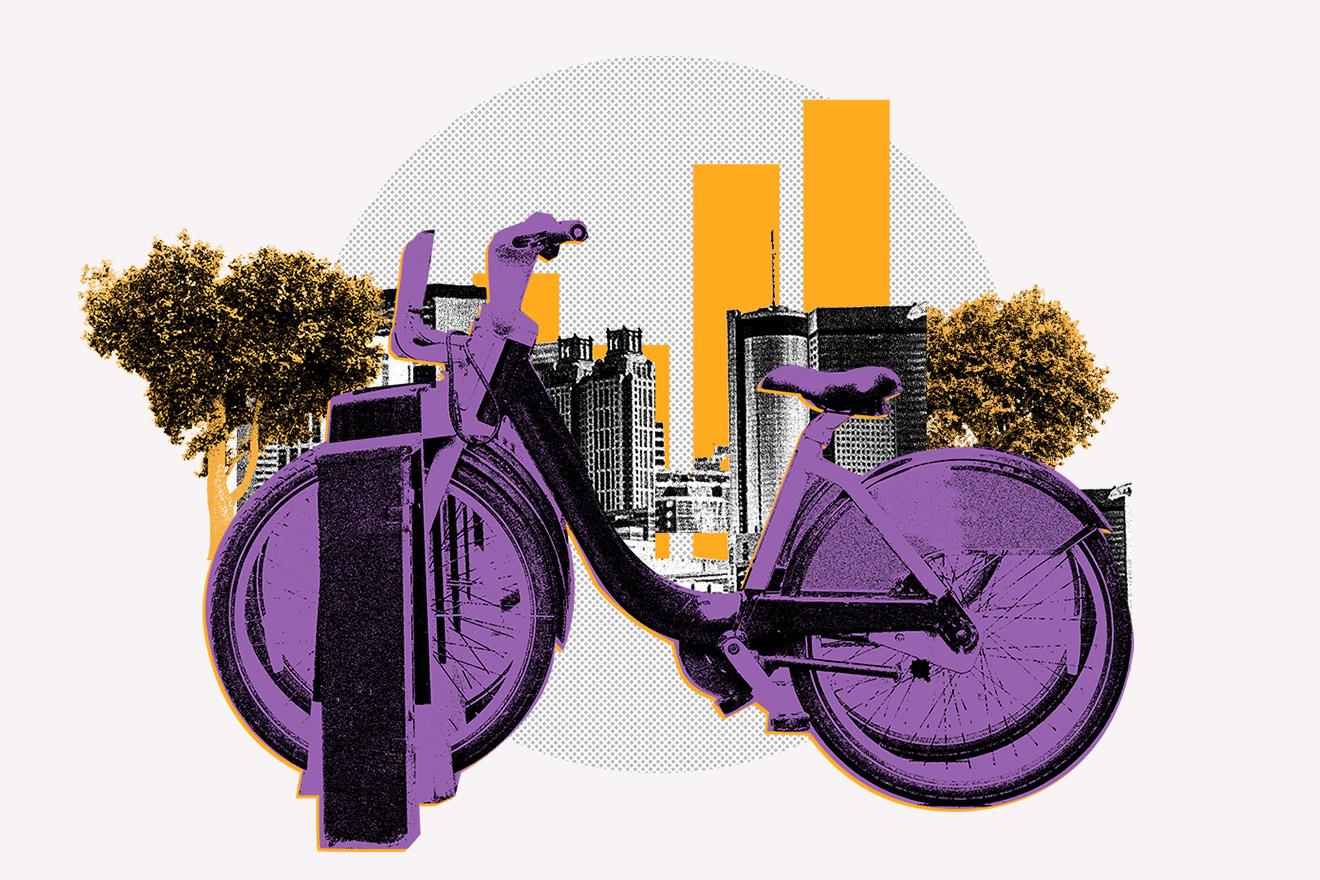From showcasing climate action to taking ambition to the next level, climate events provide space for knowledge exchange and discussions to strengthen the Paris Agreement’s implementation.

From showcasing climate action to taking ambition to the next level, climate events provide space for knowledge exchange and discussions to strengthen the Paris Agreement’s implementation.
The 2026 Innovate4Cities Conference (I4C26) brings together governments, academia, civil society, and industry to bolster city climate action. Learn more about what cities around the world are doing to address climate change here.

In many parts of the world, climate change is making droughts longer, more frequent and intense. Investing in drought resilience and land restoration is critical to protecting lives and livelihoods. Learn why land is critical to addressing climate change here.

The ocean generates 50 per cent of the oxygen we need, absorbs 25 per cent of all carbon dioxide emissions and captures 90 per cent of the excess heat generated by these emissions. Protecting the ocean from climate change impacts is vital.

With rising temperatures, collapsing ecosystems, and disruptive weather extremes, humanity stands at a tipping point. World Environment Day 2026 focuses on the urgency of climate action, underscoring the need to rethink the systems that power our economies and repair our relationship with the climate.

The world’s roadways are clogged with vehicles, most of them burning diesel or gasoline. Walking or riding a bike instead of driving will reduce greenhouse gas emissions — and help your health and fitness. Everyone can help limit climate change.

Climate change is affecting biodiversity, altering marine, terrestrial, and freshwater ecosystems around the world. Conserving and restoring natural spaces, both on land and in the water, is essential to limit carbon emissions and adapt to the changing climate. Learn how the UN is tackling climate change and biodiversity together here.

From extreme heat and rising sea levels to biodiversity loss and pollution, Mother Earth is in peril and making a clear call to all of us to take urgent climate action. On Earth Day, speak up and take action to help save our planet with the UN's ActNow campaign.

Climate change is a major threat to people’s physical and mental health. Between 2030 and 2050, climate change is expected to cause approximately 250,000 additional deaths per year from malnutrition, malaria, diarrhea and heat stress. Learn more about how climate change impacts our health here.

Strengthening early warning systems is critical to protecting people against the more frequent and intense extreme events caused by climate change. Learn more about early warning systems and why they are an essential part of adapting to climate change here.

In 2026, Earth Hour celebrates its 20th anniversary. As landmarks and homes across the planet take part in this light-off moment, join the movement and give an hour of your time to care for our planet.

From unpredictable rainfall patterns to shrinking ice sheets, rising sea levels, floods and droughts – most impacts of climate change come down to water. Water is also at the heart of adaptation to climate change, serving as the crucial link between the climate system, human society and the environment. Learn more on water and climate change here.

Forests are one of the planet’s most powerful tools against climate change, removing carbon dioxide from the atmosphere and releasing oxygen. By locking carbon pollution in trees, roots and soil, forests reduce the heat-trapping gases and regulate Earth’s temperature. Learn more about forests here.

Nearly 2 billion people rely on water from glaciers, snowmelt and mountain run-off for drinking, agriculture, and energy production. But warming temperatures are putting these vital resources at risk. If temperatures increase between 1.5°C and 4°C, mountain glaciers worldwide are projected to lose 26 to 41 per cent of their total mass by 2100, compared to 2015. Learn more about glaciers here.

The climate crisis does not affect everyone equally. Women and girls face disproportionate impacts from climate change. Given their position on the frontlines of the climate crisis, women are uniquely situated to be agents of change to mitigate the causes of global warming and adapt to its impacts on the ground.

Wetlands are vital for biodiversity, climate mitigation and adaptation and freshwater availability. Yet, nearly 90 per cent of the world’s wetlands have been degraded since the 1700s. World Wetlands Day 2026 highlights the role of traditional knowledge in sustaining wetland ecosystems and preserving cultural identity.

Energy is at the heart of the climate challenge – and key to the solution. To avoid the worst impacts of climate change, greenhouse gas emissions need to be reduced by almost half by 2030 and reach net zero by 2050. To achieve this, we need to end our reliance on fossil fuels and invest in alternative sources of energy that are clean, accessible, affordable, sustainable, and reliable.

Glaciers’ melting, driven by rising global temperatures, is increasing flood and landslide risks, threatening billions of peoples’ lives. This International Mountain Day highlights the key role mountain regions play as sources of freshwater and calls for immediate measures to avoid glaciers’ disappearance.

Decarbonizing the transport sector – responsible for roughly 15 per cent of total greenhouse gas emissions – is vital to limit global warming. Starting in 2026, the UN Decade of Sustainable Transport will be an opportunity to advance sustainable transport globally.

The seventh session of the UN Environment Assembly focuses on the need to accelerate sustainable solutions and effective responses for a safer and more resilient planet, focusing on healthy ecosystems, sustainable consumption and production, and technological tools to prevent environmental risks.

Over 95 per cent of our food comes from soils, but climate change and human activities are degrading them. Sustainable soil management practices help preserve biodiversity, improve fertility, and contribute to carbon sequestration, playing a crucial role in the fight against climate change.
